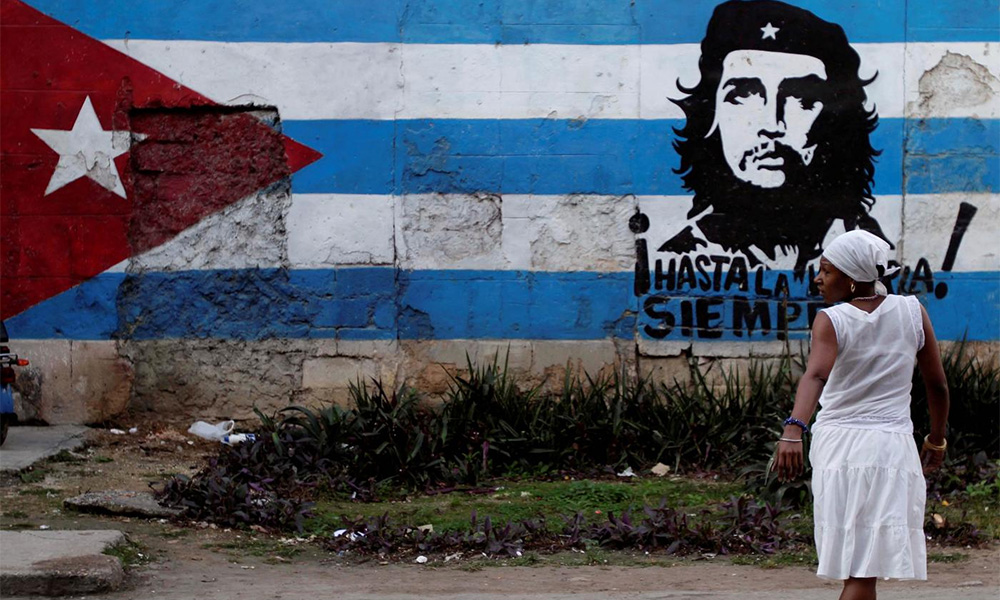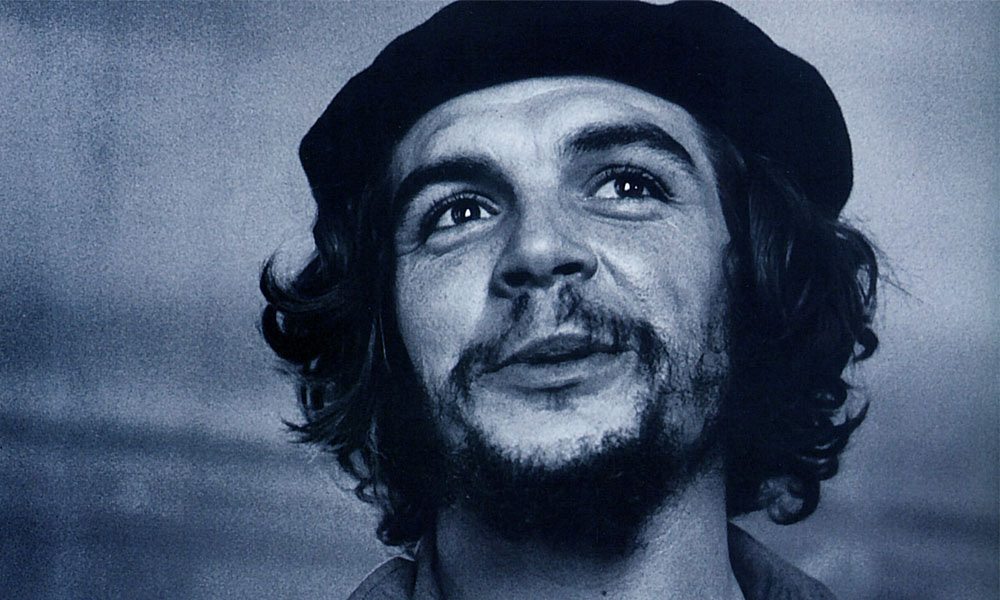More than 60,000 people turned out on Sunday to commemorate the 50th anniversary of the death of Latin American revolutionary Ernesto "Che" Guevara, the Xinhua news agency reported.
Cuban President Raul Castro was present at a mass rally at the Che Guevara Mausoleum in Santa Clara, 300km east of the capital Havana.
The rally capped a week of tributes to the guerrilla fighter that helped overthrow Cuba's dictatorship and bring Fidel Castro to power, before he was ambushed and killed in Bolivia on Oct 9, 1967.

Over 60,000 people participated in the rally at the local Revolution Square where an imposing bronze statue of Guevara is located.
On the ground floor of the memorial, a cavern-like enclosure holds the remains of Guevara and 30 of his comrades fallen in Bolivia. An eternal flame, lit by then president Fidel Castro, pays homage to the fighters.
On Sunday, Raul Castro and other Communist Party leaders paid tribute to Guevara and his guerrilla partners inside the memorial.
Addressing those present, Cuban First Vice President Miguel Diaz-Canel said: "Che is not dead, as his enemies wanted. His figure grows larger as time passes and younger generations recognise his revolutionary paradigm."

Guevara is now a "universal symbol" and inspiration in the struggle for the liberation of different nations "oppressed by imperialism," said Diaz-Canel.
"He had a very original way of facing life, and his comrades knew how to appreciate his simplicity, sincerity, naturalness, companionship, stoicism, reckless disposition to always face the most difficult situation,” he stated, adding that Guevara’s altruism and conscious revolutionary spirit have become an ideal to follow.
In Bolivia, President Evo Morales, accompanied by his cabinet and other leading figures, completed a 2km pilgrimage to La Higuera, where Guevara was killed.
Born in the Argentine city of Rosario in 1928 and trained as a doctor, Guevara joined Fidel Castro's insurgency in 1956 to overthrow Cuban dictator Fulgencio Batista, and played a leading role in the rebel victory.
With Cuba under new leadership, he left the country to continue his struggle against oppression, first to Congo and then to Bolivia, where he was ambushed and killed by mercenaries.
- Bernama

